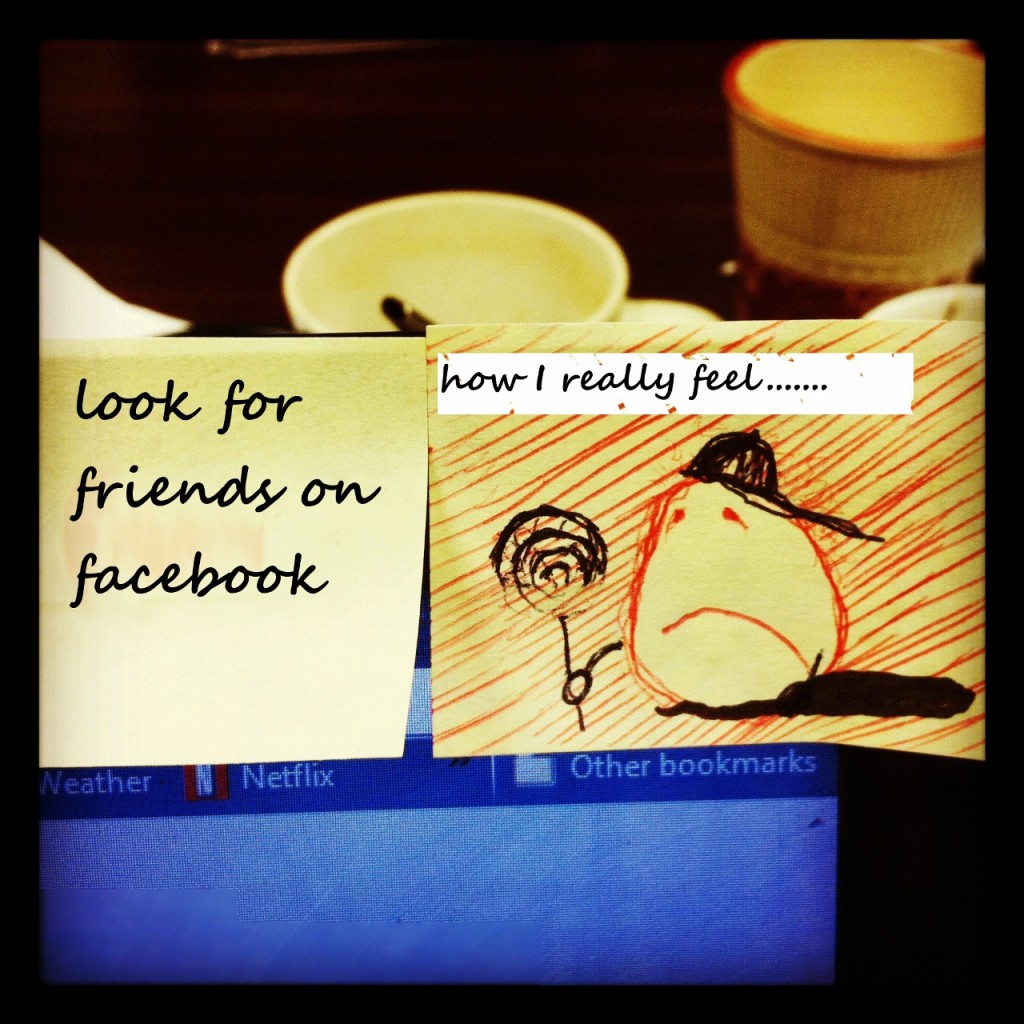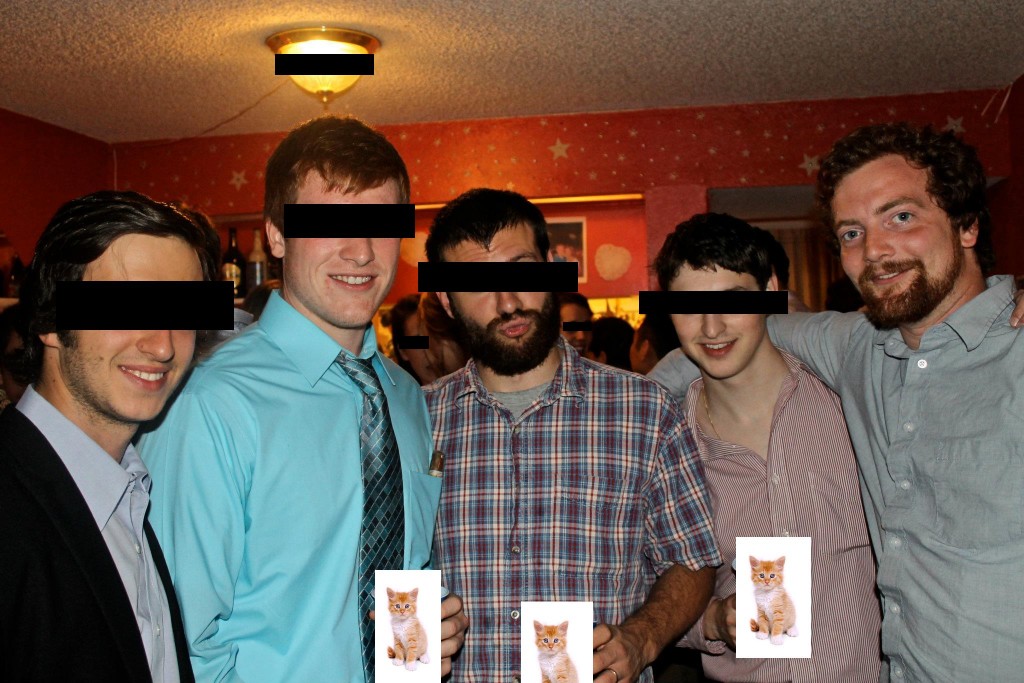Dr. Moran made some interesting comments yesterday, a propos UD’s recent/upcoming fundraising effort. While most of the content was stock, I had some questions.
- “Moneybomb.” Who came up with this name? Imagine Louise Cowan has been away for several years and you’re giving her an update about the school. You aregoing to flinch and get really quiet when you come to the word “Moneybomb.” And she’s going to look at you like you’re crazy. Because whoever came up with that name is.
- Also, “utilize aggressive peer-to-peer marketing”? What fraction of this sounds like something I want to be a part of? I thought UD has been concentrating on marketing lately. Isn’t the president du joura marketing expert? I’m no marketer but I can tell from here, halfway across the state, that UD has their priorities all wrong.
-
It’s no secret that an embarrassingly low percentage of UD alumni donate to the school.
Certainly, secrets and common knowledge are different (I did not know about this embarrassment that UD had to wake up to every morning). But I’m curious now. How low is “embarrassingly” low? And compared to what, churchgoers? Without numbers, where numbers are due, adverbs are just fluff.
- If the numbers are indeed significantly statistically lower than other schools with less alma-mater-shaming alumni, perhaps there is a reason. My hypothesis is that, controlling for relative familial unit income, UD alumni give as much as other self-respecting are less embarrassing alumni at other schools. Let’s say that the average family from U Chicago (who is far less likely than a UD to have a large household) makes $150K. They have one kid, and each parent works. The average family from UD probably makes something more like $70K, they have 2+ kids, and the mom either doesn’t work or subs at a school for less than $20K / year.

- This is just me making stuff up and piling on the stereotypes. This is also precisely the sort of thing that the alumni department at UD (or whatever they call it) should be researching intently. If you don’t have numbers, you’re going to make bad judgments.
-
Alumni know that they’ve received an outstanding education, and yet many have not supported the University for a variety of reasons.
Moran treats a few of these “variety of reasons.” But of course, not all, and not in depth.
I’m not pleased with everything that has gone on either, but so what? Your support does not mean that you endorse every person and program at UD. It does mean that you endorse our academic mission and the work of the faculty and students, and it does allow you to express gratitude for the education you received, including gratitude to favorite professors. [emphasis added]
My reason is that I can’t donate to one cause, something I do care about. I can only donate (as far as I know) to the university, which goes in part (in large part) toward misappropriation of funds. My support “does not mean that [I] endorse” everything I disagree with at the school. But my support means that I support everything at the school. You can make the distinction between endorsement and support, but you cannot say there’s no conflict. So I must support even the stupid things: the president juggling, the pharmacy school, the MBA push, the core degradation. So there was a big rumpus not too long ago about Planned Parenthood getting government money. This was because pro-Life taxpayers were having to give their money to an organization that killed babies! In some very small and tiny way, certainly, but they finally realized that money is fungible and that some of their taxes were winding their insidious way into the pockets of Planned Parenthood’s baby-killing doctors. (I forget how this ended up. Politics depress me, so I try not to read the news very much.) In the same way, part of any donation I make is going to the core-killing politicians who work out of Carpenter (now Catherine?) that never went to UD and now rule it. The Walker-firing, pharmacy school-mustering, mo’ undergrads mo’ better-thinking administration. That’s a problem.
-
… liberal arts colleges are traditionally not fully self-supporting and are instead dependent on the gift economy.
If a university like UD is really driven by the gift economy, why not introduce a little democracy into alumni support. I only care about UD insofar as I feel that the UD of now is the UD of yore (when I was there), and if it departs from where I think it should be, I feel as if it has estranged me just as much as I have it. I’m just four years out now; seven from my freshman year. I already feel that UD has changed, so much. Let me donate to the ideals that I remember and cherish, not the cruft and mildew that’s accumulated since I left.
- Also, while I appreciate the idea, I feel that this support model and UD’s goal are a paradox. UD teaches students to think straight, keep humble (meek, at least—it certainly didn’t teach us aspiration), get married (it doubles as a dating service) and have kids. This is not your target demographic when looking for donors. If you’re expecting a sizable proportion of your future operating costs to be paid by your alumni, you should act a little more like a venture capitalist, and consider scholarships a sort of investment in students. That is, one of the most important things you can do to this end is to put considerable effort into making sure that students are well equipped to be successful by popular standards and make money in the outside world. (I see that UD’s career services has totally new people, and two, now, instead of three. There should more like 10, they should deserve $80K+ / year salaries [Harriet Cousins didn’t even come close], and they should force themselves on students. Like, require one credit every year to be devoted to making yourself marketable, professional, and a money-maker. [I just wanna say that I think this my best idea from this entire post.])
-
If alumni don’t give gifts, who will?
Other alumni. I bet if you look at the stats at other schools, gifts follow a typical power law: 20% of the alumni contribute 80% of the donations. Correct me if I’m wrong. With numbers.
- The list of “circumstances” that excuse less than generous giving, “a gaggle of children, gambling debts, a costly drug habit” made me laugh. But you gotta be careful of flippancy when you’re asking for money from people who are struggling with very real circumstances, e.g. $10K+ of tuition debt owed to Fannie Mae at 10% APR, no income due to being in a seminary/convent (and debt on top of that), or a countable number of children who get sick just about every couple of months and take so much care that one of the parents can barely leave the house.
- What I want is the ability to donate to current or future professors (a CS department needs CS faculty). It’s the professors that I care about. I know that they haven’t changed, at least. Until then, I will feel very conflicted about giving back to the mottled, amorphous, university that I left so recently.
I numbered this list to encourage discussion. Few will agree with my points. I hope more will argue with them.



